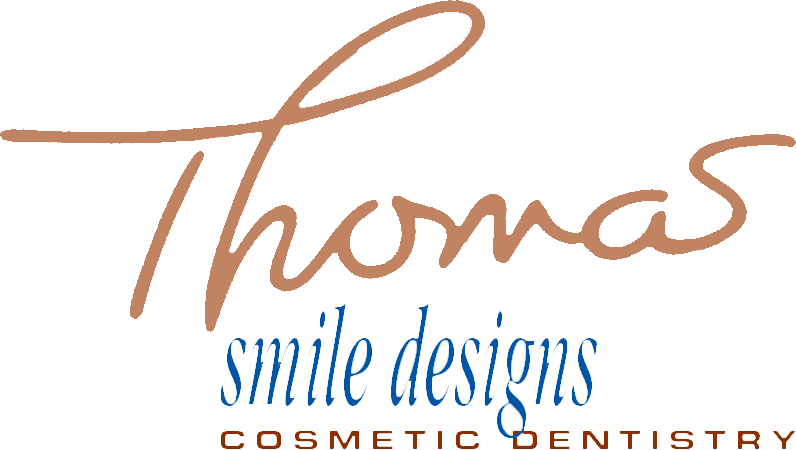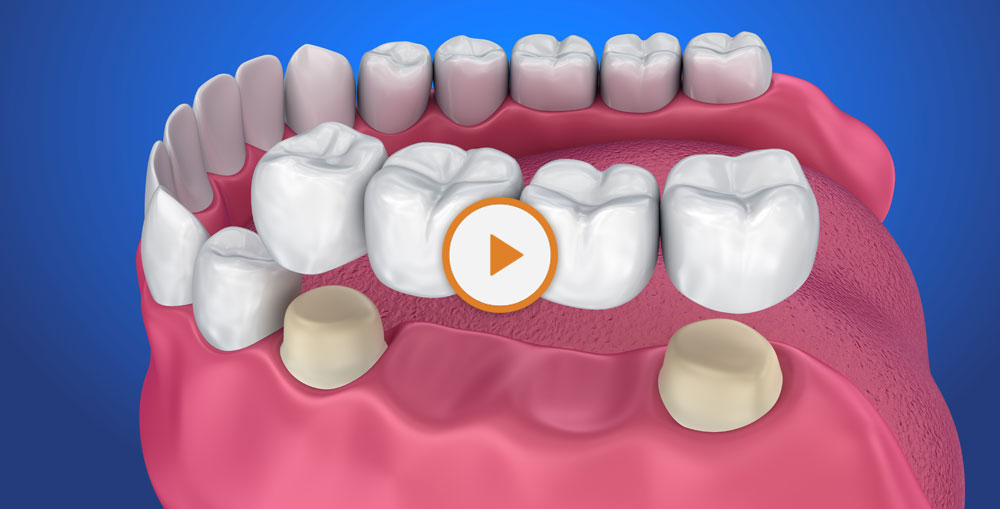How to Care for Your Dental Bridge
Caring for Your Dental Bridge
Maintaining your dental bridge is essential for ensuring its longevity and preserving your oral health. At Thomas Smile Designs in Billings, MT, Dr. Joseph Thomas provides expert guidance to help patients properly care for their dental bridges. With the right maintenance techniques, your bridge can last for many years, restoring your smile and allowing you to eat and speak with confidence. Contact us today at (406) 298-4485 to learn Dr. Thomas' professional recommendations for brushing, flossing, and other crucial steps to get the most out of your dental bridge investment.
Signs of Wear and Tear
Regular monitoring of your dental bridges is crucial to identify signs of wear and tear early on. Common indications that your dental bridge may require attention include:
Loose or shifting bridge: If your dental bridge feels loose or shifts when you bite or chew, it may indicate that the cement holding it in place has worn off or that there’s an issue with the underlying teeth or implants.
Discomfort or pain: Sensitivity, pain, or discomfort while eating or biting down can be a sign of a problem with your dental bridge. It could be due to an ill-fitting bridge, decay underneath the bridge, or gum inflammation.
Visible damage: Inspect your dental bridge for any visible signs of damage, such as cracks, chips, or fractures. Damaged areas can harbor bacteria and lead to further complications if left untreated.
Gum inflammation: If you notice redness, swelling, or bleeding around the gum area adjacent to the dental bridge, it may indicate gum disease or an infection. Prompt attention is necessary to prevent further damage to your bridge and oral health.
Dental Bridge Placement
Replacing Dental Bridges
While dental bridges are durable, they may eventually require replacement due to wear and tear or changes in your dental condition.
Consultation
Schedule an appointment with our Billings, MT dentist to assess the condition of your existing dental bridge and discuss your concerns. He’ll evaluate your oral health, examine the bridge, and determine if replacement is necessary.
Preparation
If replacement is recommended, the dentist will prepare the supporting teeth or implants by removing the existing bridge. In some cases, additional procedures, such as root canal treatment or implant placement, may be required to ensure optimal support for the new bridge.
Impressions
Impressions of your teeth and the surrounding area will be taken to create a custom-made dental bridge that matches your natural teeth in shape, size, and color. These impressions will be sent to a dental laboratory for fabrication.
Temporary Bridge
While waiting for the permanent bridge to be fabricated, a temporary bridge may be placed to protect your teeth and maintain aesthetics.
Final placement
Once the new bridge is ready, it will be tested for fit, aesthetics, and functionality. Our dentist will ensure that the bridge fits comfortably, aligns properly with your bite, and blends seamlessly with your natural teeth. Once everything is confirmed, the new bridge will be cemented or secured in place.
Frequently Asked Questions
Maintain Your Beautiful Smile for Years to Come
Proper maintenance and timely replacement of dental bridges are essential for maintaining oral health and preserving the longevity of your restoration. By staying vigilant and addressing any signs of wear and tear promptly, you can avoid further complications and ensure the success of your dental bridge. Remember to maintain good oral hygiene practices, visit our dental office regularly, and follow their recommendations for optimal bridge care.
Contact our Billings, MT dentists today to learn more about how to properly take care of your dental bridges. New Patients can reach us at (406) 298-4485. Returning patients can contact us by calling (406) 256-5165.

Address
1501 14th St W #215,
Billings, MT 59102
New Patient (406) 298-4485
Current Patient (406) 256-5165
© 2022 Managed by Now Media Group

